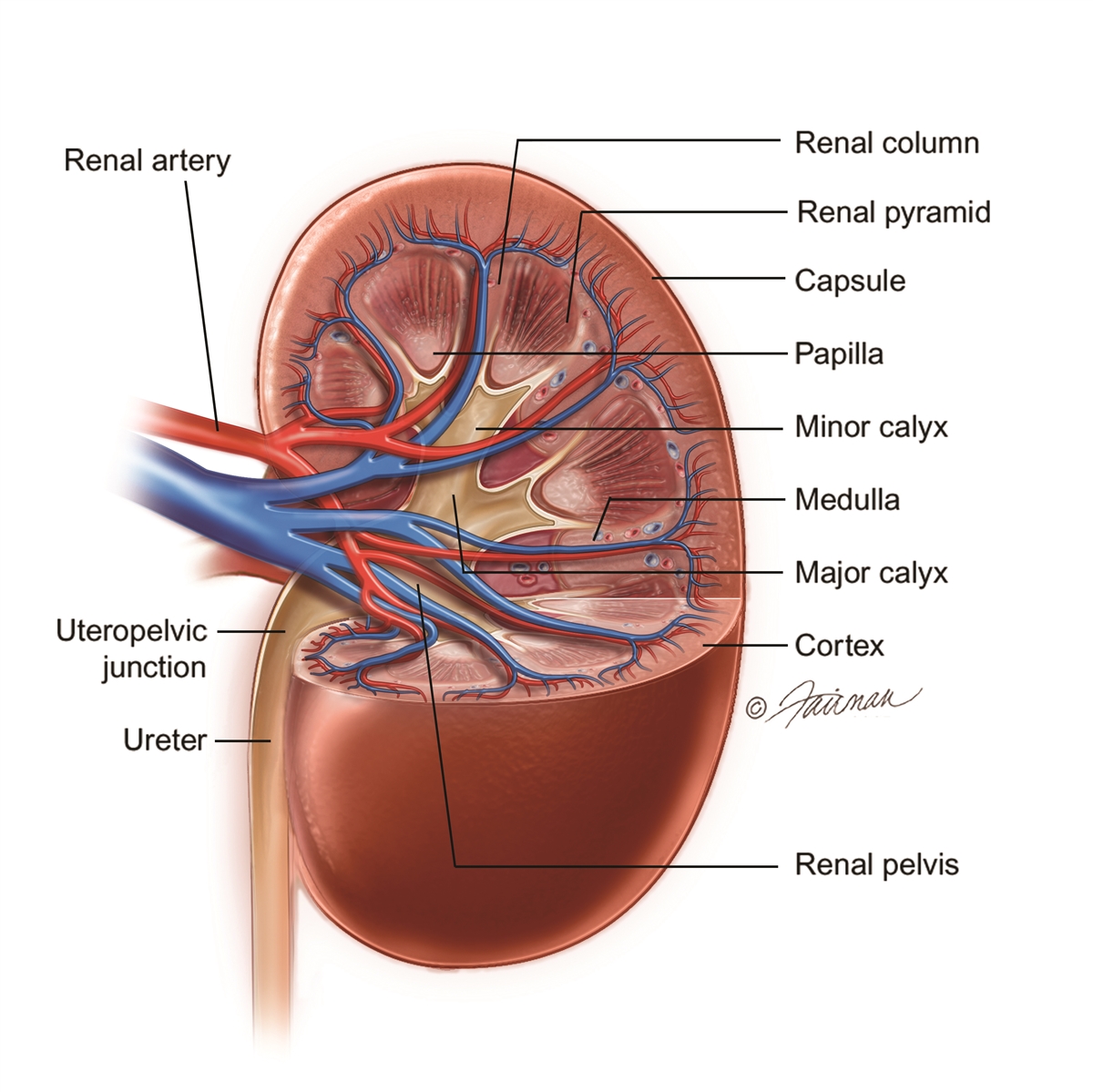
People may be born with just one kidney, or have one removed after injury or for a donation. In general, people with one kidney have few or no health problems, and have a normal life expectancy, according to the National Kidney Foundation. Technically, people can live with no kidneys, but require dialysis.The kidneys are two bean-shaped organs, each about the size of a fist. They are located just below the rib cage, one on each side of your spine. Healthy kidneys filter about a half cup of blood every minute, removing wastes and extra water to make urine.
Comments
Post a Comment